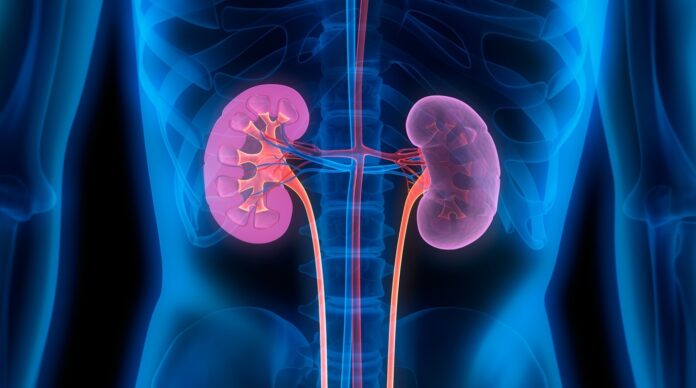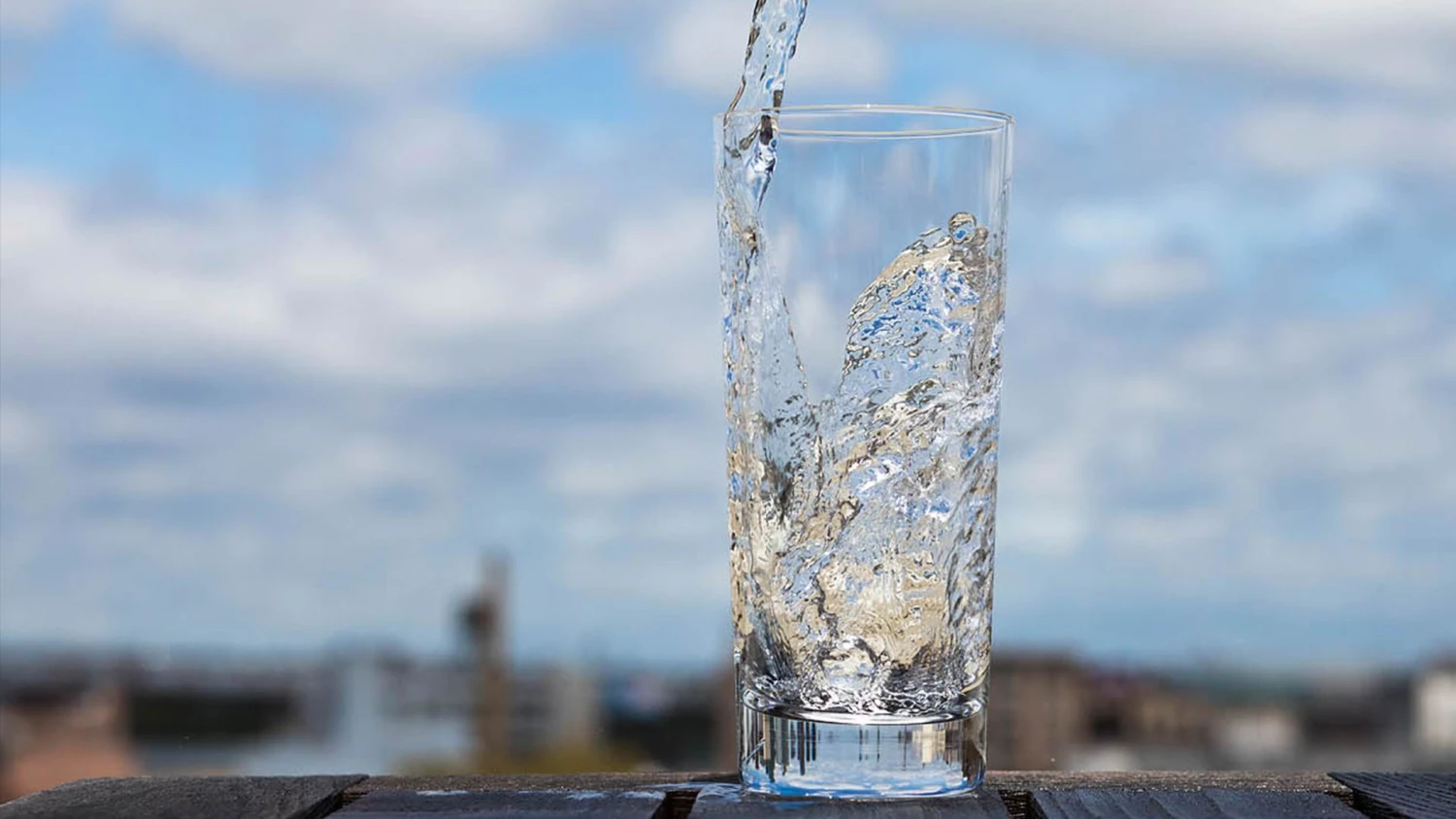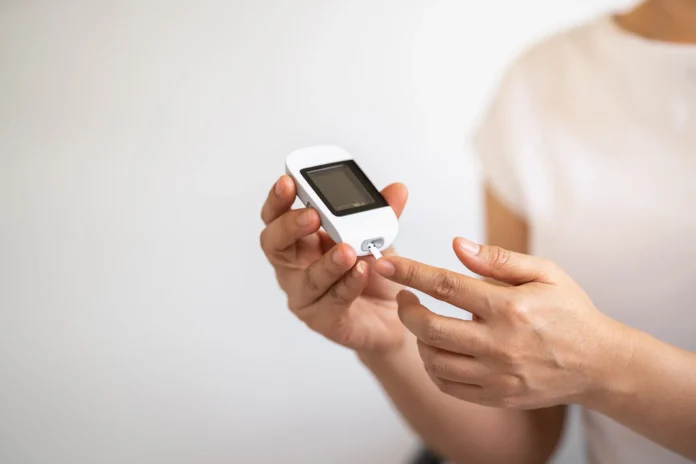The connection between hydration and blood sugar regulation is often overlooked. Many people focus on diet and exercise but forget that even mild dehydration can impact glucose levels. Without enough fluids, the body struggles to maintain balance, leading to fluctuations that affect energy, metabolism, and overall health.
Key Points
- Lack of fluids can raise glucose concentration.
- Hydration supports insulin function.
- Dehydration can mimic symptoms of high glucose.
- Water intake influences kidney glucose clearance.
- Chronic low hydration can increase diabetes risk.
- Electrolytes play a key role in hydration balance.
- Some drinks can worsen glucose instability.
- Hydration needs vary based on age and activity level.
- Certain medications affect hydration status.
- Monitoring fluid intake improves glucose management.
Fluids Help Maintain Balanced Glucose Levels

Water is essential for metabolic processes, including glucose regulation. When hydration levels drop, the body compensates by releasing stored glucose into the bloodstream. Without enough fluids, this blood sugar concentration increases, leading to unwanted spikes. Staying hydrated supports the body’s natural ability to regulate sugar levels, reducing the risk of sudden fluctuations.
For those looking for additional support, a blood sugar supplement can provide an extra layer of balance. Herbal formulations designed for blood sugar stability work best alongside proper hydration.
How Dehydration Affects Insulin Function
Insulin is responsible for transporting glucose into cells. When fluid levels drop, insulin efficiency decreases. This forces the pancreas to work harder, potentially leading to insulin resistance over time. Drinking enough water supports insulin’s role, helping cells function more effectively and preventing unnecessary stress on the pancreas.
Ways Hydration Supports Insulin Efficiency:
- Lowers blood sugar concentration – When water intake is adequate, glucose levels remain more stable, reducing spikes.
- Prevents excessive insulin demand – With proper hydration, insulin can transport glucose effectively without overcompensating.
- Reduces strain on pancreatic function – A well-hydrated body allows insulin to work smoothly, preventing metabolic stress.
Symptoms of Dehydration and High Glucose Can Overlap
Fatigue, headaches, dizziness, and blurred vision can indicate both dehydration and high blood sugar levels. Many people mistake one for the other, leading to mismanagement of their health. Water intake before symptoms become severe helps maintain stability and prevents unnecessary spikes or drops in glucose. Paying close attention to fluid consumption can make it easier to distinguish between dehydration and blood sugar imbalance.
Kidney Function and the Role of Fluids in Glucose Clearance

The kidneys are vital for filtering excess glucose from the bloodstream. When hydration levels are insufficient, the kidneys struggle to remove blood sugar efficiently. Instead of being excreted, more glucose remains in circulation, leading to an increase in levels. Proper hydration helps the kidneys function at their best, ensuring that excess is properly flushed out.
These are some of the signs that your kidneys need more fluids:
- Dark-colored urine – A clear sign of dehydration, indicating that kidneys are conserving water.
- Frequent urination without high water intake – The body’s way of trying to eliminate excess glucose without enough water to aid the process.
- Increased thirst – When the body lacks fluids, it signals a need for water, often mistaken for hunger or sugar cravings.
Chronic Dehydration Increases the Risk of Diabetes
Long-term dehydration affects metabolism and makes the body less responsive to insulin. Research suggests that people with persistently low hydration levels are at greater risk of developing insulin resistance, which can lead to prediabetes and type 2 diabetes. By making hydration a daily priority, the chances of maintaining stable blood sugar levels improve significantly.
Electrolytes Are Essential for Hydration
Water alone may not always be enough. Electrolytes like sodium, potassium, and magnesium play a key role in fluid balance and glucose transport. A lack of these minerals can further disrupt glucose regulation, leaving the body unable to function optimally.
The Problem with Certain Beverages

Not all fluids contribute to better glucose control. Some drinks actively work against hydration, making it harder for the body to regulate sugar levels effectively. Sugary beverages, caffeine, and alcohol can all lead to fluctuations that make glucose harder to manage.
Drinks that worsen glucose regulation:
- Sodas and energy drinks – Loaded with sugar and artificial additives that spike glucose levels.
- Fruit juices with added sugars – Natural sugars can be beneficial, but processed juices often contain excessive sweeteners.
- Excessive caffeine or alcohol – Both lead to fluid loss, worsening dehydration and making blood sugar regulation more difficult.
Individual Hydration Needs and Lifestyle
Everyone has different hydration needs based on lifestyle, age, and health status. Older adults often experience weakened thirst signals, making them more prone to dehydration. Active individuals, on the other hand, need more water to replace fluids lost through sweat. Recognizing personal hydration requirements can prevent unnecessary fluctuations.
Certain lifestyle habits can lead to dehydration without obvious symptoms. Overconsumption of processed foods, lack of sleep, and stress all play a role in reducing hydration levels. Addressing these hidden factors can lead to improved regulation.
Medications Can Affect Hydration and Glucose Balance
Certain medications, particularly diuretics and some diabetes treatments, influence hydration levels. Some increase urination frequency, leading to water loss that affects glucose regulation. Those taking these medications should be extra mindful of their fluid intake to avoid negative effects.
The Importance of Tracking Daily Fluid Intake
Many people underestimate their daily water intake, leading to mild, chronic dehydration. Keeping a simple hydration log can help ensure that the body remains properly hydrated. Setting daily water intake goals prevents unnecessary glucose fluctuations and supports overall health.
Simple Strategies for Better Hydration

- Use a marked water bottle – A visual reminder to drink consistently throughout the day.
- Set phone reminders – Helpful for those who forget to drink water regularly.
- Drink a glass before meals – Encourages steady hydration and may help control cravings related to glucose imbalance.
Conclusion
Hydration is a key factor in glucose control. Small daily changes, such as drinking more water, choosing the right beverages, and balancing electrolytes, can make a significant difference. Keeping track of hydration, especially for those managing glucose concerns, leads to better metabolic health and reduced risk of insulin resistance. Prioritizing fluids allows the body to function at its best, supporting energy, kidney health, and overall well-being.









